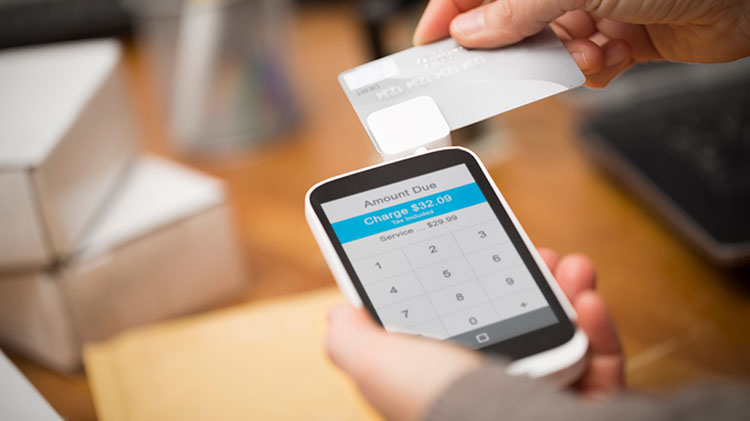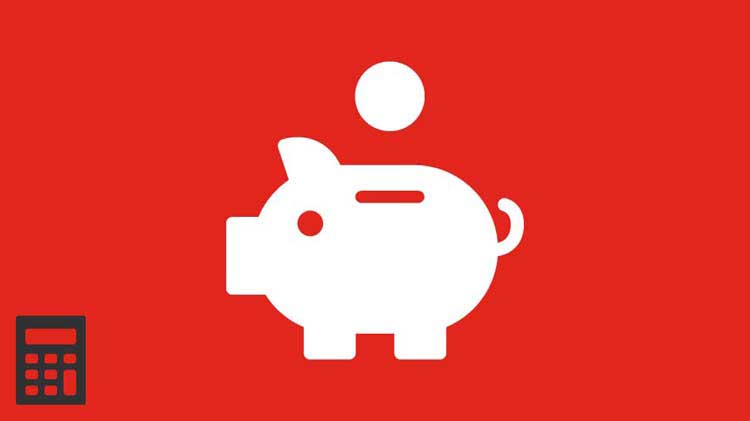How to avoid credit card interest
Learn about credit card interest and consider these tips on ways to help avoid, reduce and manage it when using a credit card.
It can be easy to think of a credit card as free money. Unfortunately, this is not the case! With credit card debt at an all-time high for Americans, it’s important to be realistic about what you can pay off each month. It can be helpful to think of a credit card as a short-term loan — loans need to be paid back in full and on time. When it comes to credit cards, usually the sooner you can pay off the balance, the better.
When you make your credit card payment, you're not required to pay off the full balance at the end of the month if you make the minimum payment. While this flexibility may sound helpful, you could run into problems if you choose not to pay your balance in full: In 2023, 47% of U.S. credit card holders carried monthly credit card debt and most likely lost money to monthly interest fees. Suddenly this flexibility seems more like a burden, right? Let’s first look at how credit card interest works and then review some common credit card interest pitfalls.
How does credit card interest work?
Interest and interest rates
Charging more to a card than you're able to pay off leaves you with an outstanding balance — a balance that isn’t fully paid off. At the end of the grace period, an outstanding balance will then incur interest. Interest is what you get charged if your credit card statement balance isn’t paid in full by the end of the billing cycle. A pre-set percentage rate, known as the interest rate, determines how much interest is charged. The interest rate is laid out in the contract of the credit card agreement.
When is interest charged?
Every time you charge something like a purchase, service or bill payment to your card, the amount of that charge is added to your balance. You can review these charges on your monthly statement. If you pay your statement balance in full, you will not be charged any interest. If a balance does remain though, both the existing balance and new charges will accrue interest in the next billing cycle.
The grace period
The time between the end of your credit card's billing cycle and your balance due date is known as the grace period. There’s no better example of the phrase “time is money” than the grace period. Why? If you pay off your balance by the end of this period, you won’t incur interest fees. Check the terms of your credit card agreement to find out the length of your grace period.
Ways to avoid credit card interest
- Review your statements. Staying on top of your credit card interest starts with keeping a close eye on your balance. Regularly reviewing the charges on your statement can help keep you informed and better able to make the best decisions for your financial future.
- Pay off your statement balance. Easier said than done, right? But if you can make this goal, interest fees will be a thing of the past.
- Pay off the current balance. If you’re not paying off the entire statement balance, paying off the current balance — the amount you owe at any given moment — can go a long way toward avoiding unnecessary interest.
- Conduct regular budget check-ins. Overspending is a common pitfall in the psychology of spending habits. To avoid exceeding your budget, making a habit of comparing your spending against your budget can be helpful in holding yourself accountable.
- Try to make additional payments. Your total interest fee is based on your balance. If you find yourself with a little extra money, consider applying it toward your balance to help lower your interest fees.
Ways to lower credit card interest
When it’s not feasible for you to pay off your entire balance, there are still things you can do. Consider applying the following strategies to help reduce the amount of interest paid.
- Pay at least the minimum payment due. Can’t pay the full balance? Making your minimum payment can help reduce the amount of interest charged.
- Consider making payments before the due date. Due dates can sneak up on you, so it can be helpful to stay ahead of your payment schedule. By making early payments you can stave off some of your interest fees.
- Explore credit cards with lower interest rates and fees. No two cards are alike! If you find your current card is a poor fit, consider researching alternative credit card offers to see if they have more suitable terms. Our article on finding the right credit card for you might be able to help.
- Review balance transfer options. In some cases, balance transfers can be useful in reducing interest owed. Look into balance transfer options and see if there’s one suited to your specific needs and situation. One thing to keep in mind though is that regularly opening new cards can hurt your credit in the long run, so consider carefully before opening new lines of credit.
- Try to avoid charging medical expenses to your credit card. Instead, contact your doctor or hospital’s billing department to check if they have interest-free payment plans available.
Additional information on credit cards
Credit cards can be a great tool in your financial kit so it’s crucial to have a solid understanding of how to use them effectively. When used responsibly, they can help smooth over cash flow issues and earn rewards. Credit cards also offer better security than debit cards due to their built-in fraud protection. If you’d like to learn more about credit cards, think about giving our list of credit facts and myths a look to get started.




